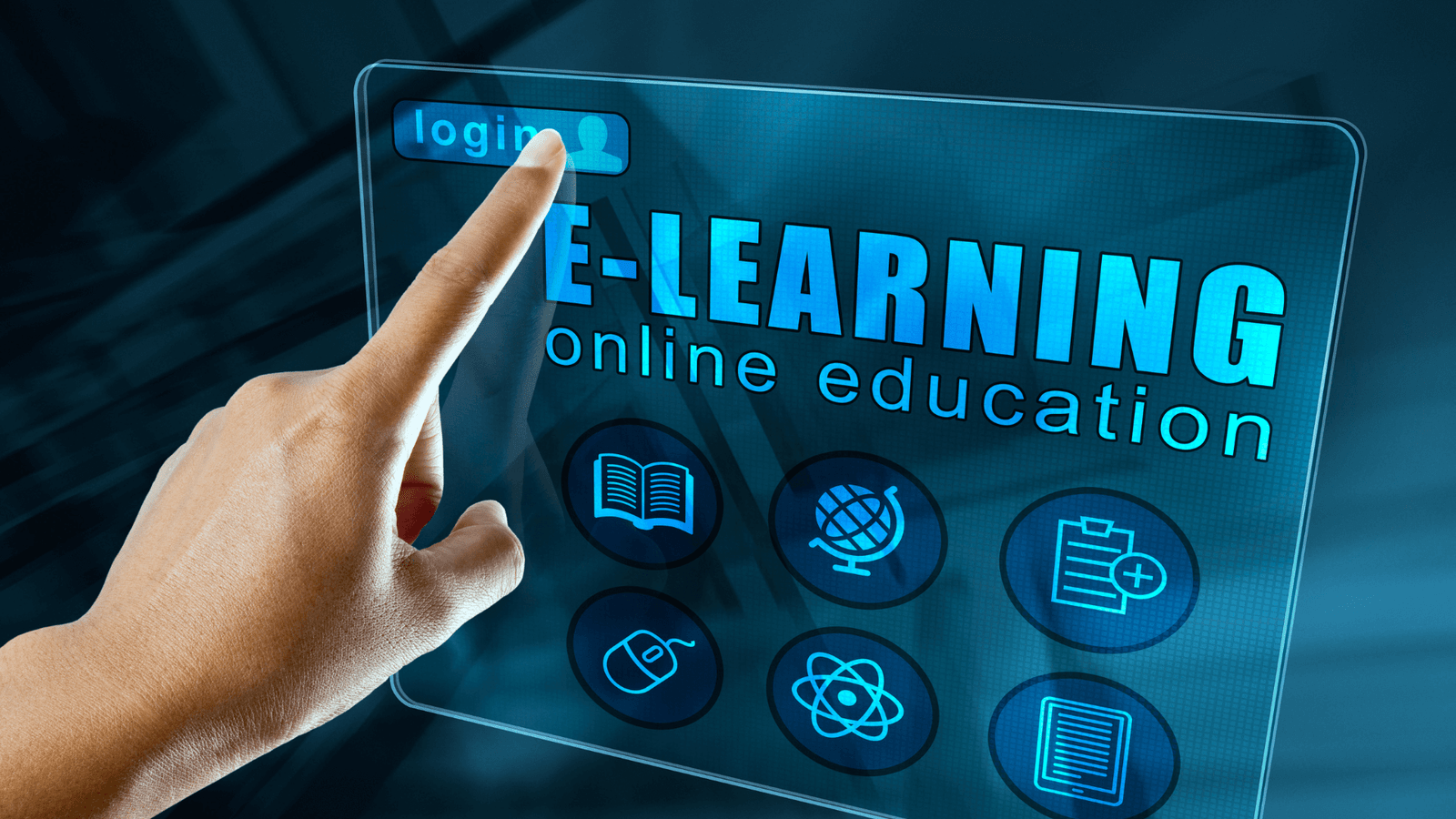Artificial Intelligence (AI) has revolutionized various industries, and education is no exception. In the realm of e-learning, AI has become a transformative force, reshaping how students learn and educators teach. By integrating advanced AI technologies into e-learning platforms, we are witnessing a paradigm shift toward personalized, efficient, and engaging education. This article explores the impact of AI on online learning, highlighting its benefits, challenges, and future potential.
The Role of AI in E-Learning
Personalized Learning
AI has introduced the concept of personalized learning, where educational content is tailored to individual learners’ needs, strengths, and weaknesses. AI-driven algorithms analyze students’ performance data to create customized learning paths. For instance, platforms like Khan Academy use AI to recommend specific lessons or exercises based on a student’s progress, ensuring a more targeted learning experience.
Intelligent Tutoring Systems
AI-powered intelligent tutoring systems (ITS) act as virtual mentors, providing real-time feedback and assistance. These systems, such as Carnegie Learning’s MATHia, simulate human-like tutoring by addressing students’ questions and guiding them through complex concepts. ITS reduces the need for one-on-one human intervention, making quality education accessible to a broader audience.
Adaptive Assessments
Traditional assessments often fail to capture a student’s true capabilities. AI has introduced adaptive assessments that adjust the difficulty level of questions based on the learner’s responses. This dynamic approach provides a more accurate evaluation of a student’s skills and knowledge, enabling educators to identify areas requiring improvement.
Benefits of AI in Online Learning
1. Enhanced Accessibility
AI-powered e-learning platforms break geographical and physical barriers, providing access to quality education for students worldwide. Voice recognition and text-to-speech tools assist learners with disabilities, ensuring inclusivity.
2. Improved Engagement
Gamification and interactive AI tools enhance student engagement by making learning more enjoyable. Features such as virtual simulations, AI-driven quizzes, and real-time feedback keep students motivated and focused.
3. Data-Driven Insights
AI collects and analyzes vast amounts of data to provide actionable insights. Educators can use this data to monitor student progress, identify learning gaps, and improve course content. For example, AI analytics can highlight topics where most students struggle, allowing instructors to address these areas effectively.
4. Scalability
AI enables e-learning platforms to scale effortlessly. Unlike traditional classrooms, where the number of students is limited, AI-driven platforms can cater to thousands of learners simultaneously without compromising quality.
5. Cost-Effectiveness
AI reduces the reliance on physical infrastructure and human resources, making education more affordable. Students can access high-quality content and resources at a fraction of the cost of traditional learning methods.
Challenges of AI in Online Learning
1. High Implementation Costs
Developing and deploying AI technologies require significant investment. Small institutions may find it challenging to adopt AI-driven e-learning platforms due to financial constraints.
2. Data Privacy Concerns
AI systems rely on collecting and analyzing student data, raising concerns about privacy and security. Ensuring compliance with data protection regulations, such as GDPR, is crucial to maintaining trust.
3. Lack of Human Interaction
While AI enhances learning efficiency, it cannot replicate the emotional support and interpersonal connections provided by human educators. Striking a balance between AI and human interaction is essential to address this limitation.
4. Algorithmic Bias
AI systems can inadvertently perpetuate biases present in training data, leading to unfair outcomes. For example, biased algorithms may favor certain groups of students over others, affecting their learning experience.
5. Technological Barriers
Access to AI-driven e-learning platforms requires reliable internet connectivity and modern devices. Students in remote or underprivileged areas may face challenges in leveraging these technologies.
The Future of AI in E-Learning
Virtual Reality (VR) and Augmented Reality (AR)
The integration of AI with VR and AR will create immersive learning environments. Students can explore historical landmarks, conduct virtual science experiments, or practice surgical procedures, enhancing their understanding through experiential learning.
Lifelong Learning
AI will play a pivotal role in promoting lifelong learning by offering microlearning opportunities. Professionals can access bite-sized courses tailored to their career goals, enabling continuous skill development.
Multilingual Education
AI-powered translation tools will break language barriers, making educational content accessible to non-native speakers. Platforms like Duolingo already use AI to teach languages effectively.
Emotional AI
Future e-learning platforms may incorporate emotional AI to detect students’ emotions through facial expressions or voice analysis. This technology can provide personalized support, such as offering encouragement when a student feels frustrated.
Automation of Administrative Tasks
AI will automate administrative tasks like grading, scheduling, and attendance tracking, allowing educators to focus more on teaching and mentoring.
Conclusion
AI is transforming e-learning platforms by making education more personalized, accessible, and engaging. While challenges like high implementation costs and data privacy concerns exist, the benefits of AI in online learning far outweigh the drawbacks. By addressing these challenges and embracing emerging technologies, the education sector can unlock AI’s full potential.
The future of e-learning lies in the harmonious integration of AI with traditional teaching methods. As we move forward, fostering collaboration between technology and educators will be key to creating a more inclusive and effective learning ecosystem. AI has the power to democratize education, empowering learners worldwide to achieve their full potential.







Leave a Reply